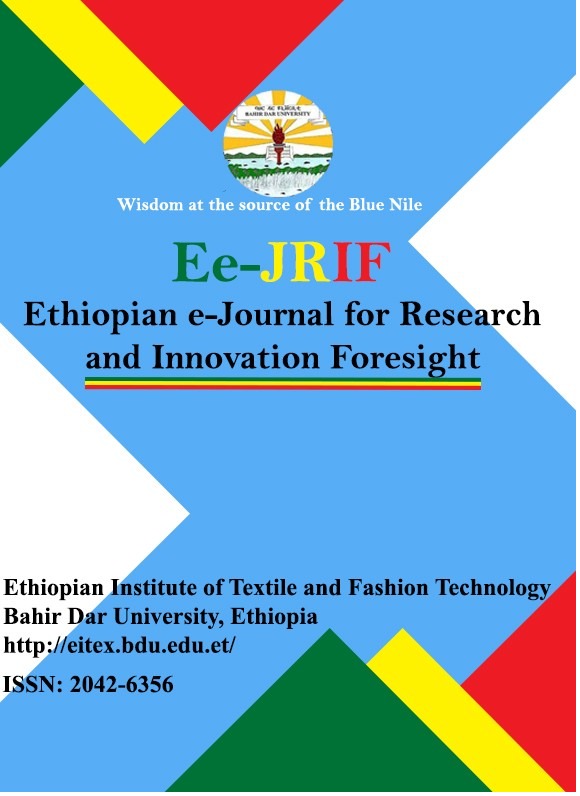Socio-Environmentally sustainable framework to support South African fashion design entrepreneurs in the production of sustainable clothes
Abstract
There is an upsurge of socio-environmentally harmful fast-fashion clothes in South Africa. Sustainable systems can reduce socio-environmental harm and maintain socio-environmental equilibrium. The production of sustainable clothes through sustainable supply chain systems will decrease the textile and clothing industry contribution to socio-environmental harm. Fashion design entrepreneurs are often involved in every supply chain of their business. Yet, a small number of South African fashion designers produce sustainable clothes. This necessitates a framework that can aid them in transforming their current supply chain operations. Like fashion design entrepreneurs, customers have the responsibility to purchase clothes that have socio-environmental benefits. The study investigates fashion design entrepreneurs’ awareness of sustainable practices and their current practices at fabric sourcing, garment design and manufacturing stages. The study explores customers preferred sustainable clothes attributes and, the influence of sustainability literacy on their purchases. Qualitative approach by means of semi-structured interviews were used to collect data from six fashion design entrepreneurs and five sustainability practitioners. Quantitative approach by means of structured online questionnaire was employed to collect data from 305 customers. Qualitative results revealed that majority of the participants are aware of sustainable fabrics. Three of the participants produced sustainable clothes on a small scale due to the high price of the fabrics. All the participants showed minimal awareness of sustainable garment design methods. Quantitative results revealed that although durability (75%) was the highest-ranked attribute, it only influenced 46% of the participants purchases. This study recommends an in-depth knowledge and skills development hub as a socio-environmentally sustainable framework for South African fashion design entrepreneurs. The framework consists of education, private and public, the natural environment, fashion customer, and the textile and clothing industry substructures. Proceedings such as tradeshows, fashion shows, and exhibitions are suitable platforms to conduct the in-depth knowledge and skills development hub.
Keywords: Sustainable Supply Chain, Fashion Design Entrepreneurs, Sustainable Clothes, Clothing Attributes, Customer purchasing behavior
Copyright (c) 2024 Ethiopian e-Journal for Research and Innovation Foresight (Ee-JRIF)

This work is licensed under a Creative Commons Attribution-NonCommercial 4.0 International License.

